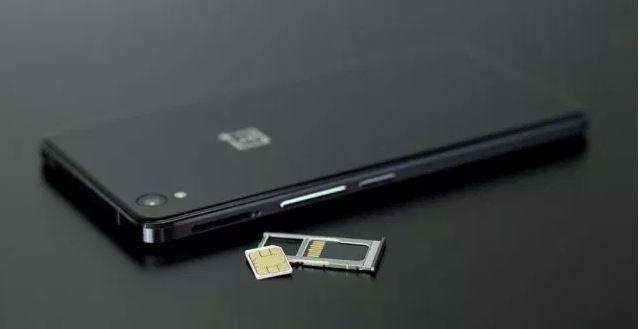 The Communications Authority of Kenya (CA) has made public some of the preventive measures Kenyans can take to avoid falling victim to the rampant SIM Swap fraud.
The Communications Authority of Kenya (CA) has made public some of the preventive measures Kenyans can take to avoid falling victim to the rampant SIM Swap fraud.
This comes after Kenyans were left in a state of panic when a Kenyan on Twitter, Sammy (@sammy_ynwa) threaded his experience at the hands of SIM card fraudsters.
Dear @bobcollymore , I am a Safaricom customer with Tel No. 07213***73.
I am a victim of a scam that happened to me yesterday. I got a call and I quickly realised that this is one of the cons and I disconnected the call without sharing any information.
Thread…— Sammy (@sammy_ynwa) July 16, 2018
In a statement to newsrooms, the Communications Authority of Kenya (CA) said the scam involves a fraudster calling and pretending to be an employee of a mobile network operator. They then ask the unsuspecting mobile subscriber to share their PII(Personally Identifiable Information).
“PII refers to any information that can be used to distinguish or trace an individual’s identity such as mobile money PIN, national ID number, bank account PIN, password, date of birth, among others,” reads the statement.
After obtaining the PII, the scam artists then swap the SIM card remotely, thereby gaining access to all the SIM services including mobile money transfer, mobile and internet banking, voice calls, SMS, data services and any other service that can be accessed through the SIM.
In fact, some victims have reported that the fraudsters go as far as borrowing money from money-lending apps.
“It happened to me 2 years ago. I called Safaricom customer care immediately after I noticed my line was dead. However, the person who swapped my line was able to borrow money from Mshwari. I had to repay the 4k,” tweeted @PWamugunda.
“My friend lost KShs. 1,500 (all the money that was in her MPESA at the time). Fraudulent people called her pretending to be @Safaricom_Care staff, sent 5 bob to her MPESA and somehow accessed her MPESA and swept all the balance left in there,” read another tweet by @acollolo.
The CA is, therefore, advising the public to embrace the following preventive measures to avoid falling victims to SIM Card Swap fraud;
- Be Cautious: Do not respond to calls or emails asking for PII such as mobile money PIN, national ID number, bank account PIN, password, date of birth, unless you are sure of whom the person you are corresponding with. Always verify the authenticity of the person through the official customer care contacts of the service provider.
- Delete any request for financial information or password: If you get asked to respond to a request with personal information, it’s a scam.
- Your PIN is your secret: Never divulge any of your PINs to anyone, not even the mobile money service or agent.
- Slow down: Fraudsters want you to act first and think later. If the request conveys a sense of urgency, or uses high-pressure tactics be skeptical; never let their urgency influence your careful view.
- Research the facts: Be suspicious of any unsolicited messages or requests. If the request looks like it is from a company you use, do your own research. Use a search engine to go to the company’s real site, or a phone directory to find their official contacts.
- Reject requests for help or offers of help: Legitimate companies and organizations do not contact you to provide help. If you did not specifically request assistance from the sender, consider any offer to ‘help’ a scam.
- Report Fraud Cases: Immediately report any such incidences to the Service Provider, the nearest Police Station, and to the National Kenya Computer Incident Response Team Coordination Center (National KE-CIRT/CC.)






